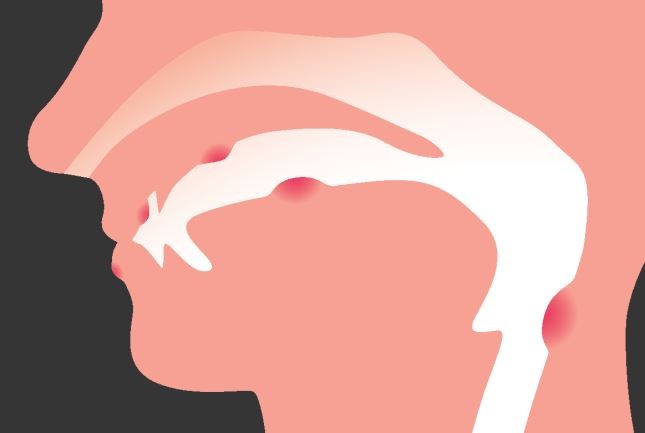Play all audios:
A research collaboration has been awarded £1 million in funding from SBRI Healthcare - an NHS England initiative - to test and develop a pain-free, non-invasive and instantaneous method to
detect oral cancer. Once built and tested, the new device could enable doctors to detect oral cancer earlier and more accurately, reducing the need for patients to have invasive biopsies.
This in turn could provide better outcomes for patients and significant cost savings for the NHS. The pioneering device is to be developed with medical device diagnostics company Zilico Ltd
- born out of a partnership between the University of Sheffield and Sheffield Teaching Hospitals NHS Foundation Trust - using the same patented technology as its ZedScan device, which is now
in use in the NHS for the early and non-invasive diagnosis of cervical cancer. Researchers from the University of Sheffield and Sheffield Teaching Hospitals previously demonstrated that the
principle of its electrical impedance spectroscopy (EIS) technology, where normal, precancerous and cancerous tissue can be differentiated according to its electrical properties, could be
useful for detecting oral cancer. The 'proof of concept' study involved 47 patients who were recruited from the Charles Clifford Dental Hospital. Typically, suspicious oral lesions
are inspected and diagnosed visually, but the visual indicators of disease can be misleading or non-apparent in some cases. Many other signs and symptoms of mouth cancer such as constant
bad breath and difficulty chewing or swallowing can also be caused by other things than cancer, so a definitive diagnosis can only be made through a biopsy of the tissue. The new device
could enable patients to receive real-time diagnosis at the primary point of their care and the university is now working with Zilico to develop a functional prototype to be assessed and
trialled for use in the NHS. It is anticipated that the prototype will be ready for testing on a group of volunteers, with the aim to progress the project to a full clinical trial in the
next 12 months. DR KEITH HUNTER, PROFESSOR OF HEAD AND NECK PATHOLOGY AT THE UNIVERSITY OF SHEFFIELD'S SCHOOL OF CLINICAL DENTISTRY AND INSIGNEO INSTITUTE FOR IN SILICO MEDICINE, SAID:
'Electrical impedance spectroscopy could help us to diagnose oral cancer earlier and more accurately, even when these cell changes may not be visually apparent. This could reduce the
need for biopsies where there is no disease indicated - helping us to reduce patient anxiety and improve patient comfort. 'Hopefully developing less invasive techniques of diagnosing
oral cancer will encourage more people to come forward with oral problems.' RIGHTS AND PERMISSIONS Reprints and permissions ABOUT THIS ARTICLE CITE THIS ARTICLE Scientists to develop
pain-free device to detect oral cancer. _Br Dent J_ 229, 10 (2020). https://doi.org/10.1038/s41415-020-1882-2 Download citation * Published: 10 July 2020 * Issue Date: July 2020 * DOI:
https://doi.org/10.1038/s41415-020-1882-2 SHARE THIS ARTICLE Anyone you share the following link with will be able to read this content: Get shareable link Sorry, a shareable link is not
currently available for this article. Copy to clipboard Provided by the Springer Nature SharedIt content-sharing initiative

